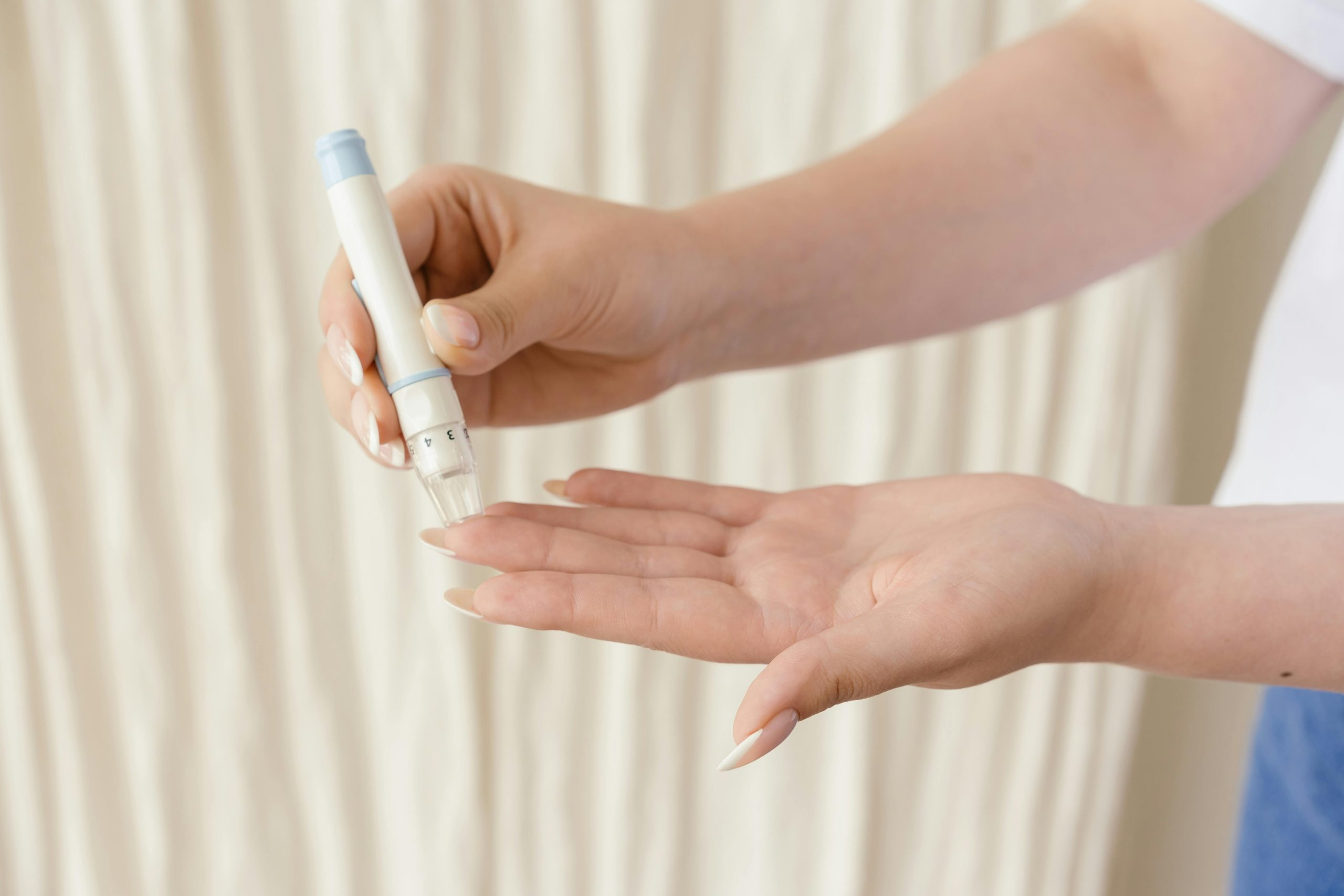Medical Device Patents and Legal Disputes
In today’s rapidly advancing medical technology world, patents have become a valuable asset for medical device manufacturers. These patents protect the innovators behind new and groundbreaking medical devices, giving them exclusive rights to commercialize and profit from their invention. However, obtaining a patent is just the first step in the process, as it does not guarantee complete immunity from legal disputes. With the increasing competitiveness in the medical device industry, legal disputes related to patents are on the rise. In this article, we will explore the world of medical device patents and the various legal disputes surrounding them.
The Importance of Medical Device Patents
Patents are a vital aspect of the medical device industry, as they provide inventors with a means to protect their innovative ideas and prevent others from using or profiting from them without permission. A medical device patent gives its owner exclusive rights to manufacture, distribute, and sell the device, preventing competitors from creating identical products. It also safeguards the investment and resources put into research and development to create the medical device.
Moreover, patents also incentivize medical device manufacturers to continue innovating and improving existing devices. Without the protection of a patent, inventors may not have the motivation or resources to invest in developing new medical devices, which could ultimately hinder advancements in healthcare technology.
The Process of Obtaining a Medical Device Patent
The process of obtaining a medical device patent is complex and time-consuming. It begins with the inventor submitting a patent application to the United States Patent and Trademark Office (USPTO). The application must include a detailed description of the device and its intended use, as well as any drawings or diagrams to illustrate the invention’s design.
Next, the USPTO conducts a thorough examination to determine if the invention is novel, non-obvious, and useful. The examination process can take several years, during which time the inventor may have to make necessary changes to the device or clarify any technical aspects to satisfy the patent office’s requirements.
If the patent is granted, it is valid for 20 years from the date the application was submitted. After this period, the device becomes part of the public domain, and anyone can use it without permission.
Common Legal Disputes Surrounding Medical Device Patents
Infringement
The most common legal dispute related to medical device patents is infringement. Infringement occurs when someone uses, makes, or sells a patented device without the owner’s permission. It is the responsibility of the patent holder to monitor and enforce their patent rights, which can be complex and costly.
Infringement lawsuits can be lengthy and expensive, and the outcome depends on various factors, such as the strength and validity of the patent, the similarity of the devices, and the intent of the offender.
Invalidation
Another common legal dispute is the invalidation of a patent. This occurs when someone challenges the validity of an issued patent, claiming that it does not meet the necessary requirements. Invalidation proceedings can be initiated by anyone, and the burden of proof falls on the patent owner to defend their patent’s validity.
Invalidation proceedings can potentially cause a significant financial and reputational setback to the patent owner, as it not only puts the patent’s validity into question but can also discourage potential investors and partners.
Licensing Agreements
Many medical device patents are not owned by the manufacturers themselves, but instead, they are licensed from other companies or individuals. Licensing agreements are contracts that allow the licensee to use the patented device in return for royalty payments to the licensor.
Disputes can arise when either party breaches the terms of the license agreement or if the inventor believes they are not receiving a fair share of the profits. These disputes are usually settled through negotiations or arbitration.
Protecting Your Medical Device Patent
To avoid legal disputes and protect their patent rights, medical device manufacturers must take necessary precautions, such as regularly monitoring for potential infringement by competitors, maintaining accurate records of the invention process, and enforcing their patent rights through legal action if necessary.
Moreover, it is crucial to ensure that the patent is strong and able to withstand any challenges. This includes ensuring that the application is properly drafted and includes all the necessary information, as well as conducting a thorough search to ensure the invention is indeed novel and non-obvious.
In Conclusion
Obtaining a medical device patent is a vital step for any inventor, providing them with exclusive rights to their invention and incentivizing future innovations. However, with these benefits come legal responsibilities and potential disputes. By understanding the patent process and taking necessary precautions, medical device manufacturers can safeguard their patents and continue making strides in the healthcare industry.










